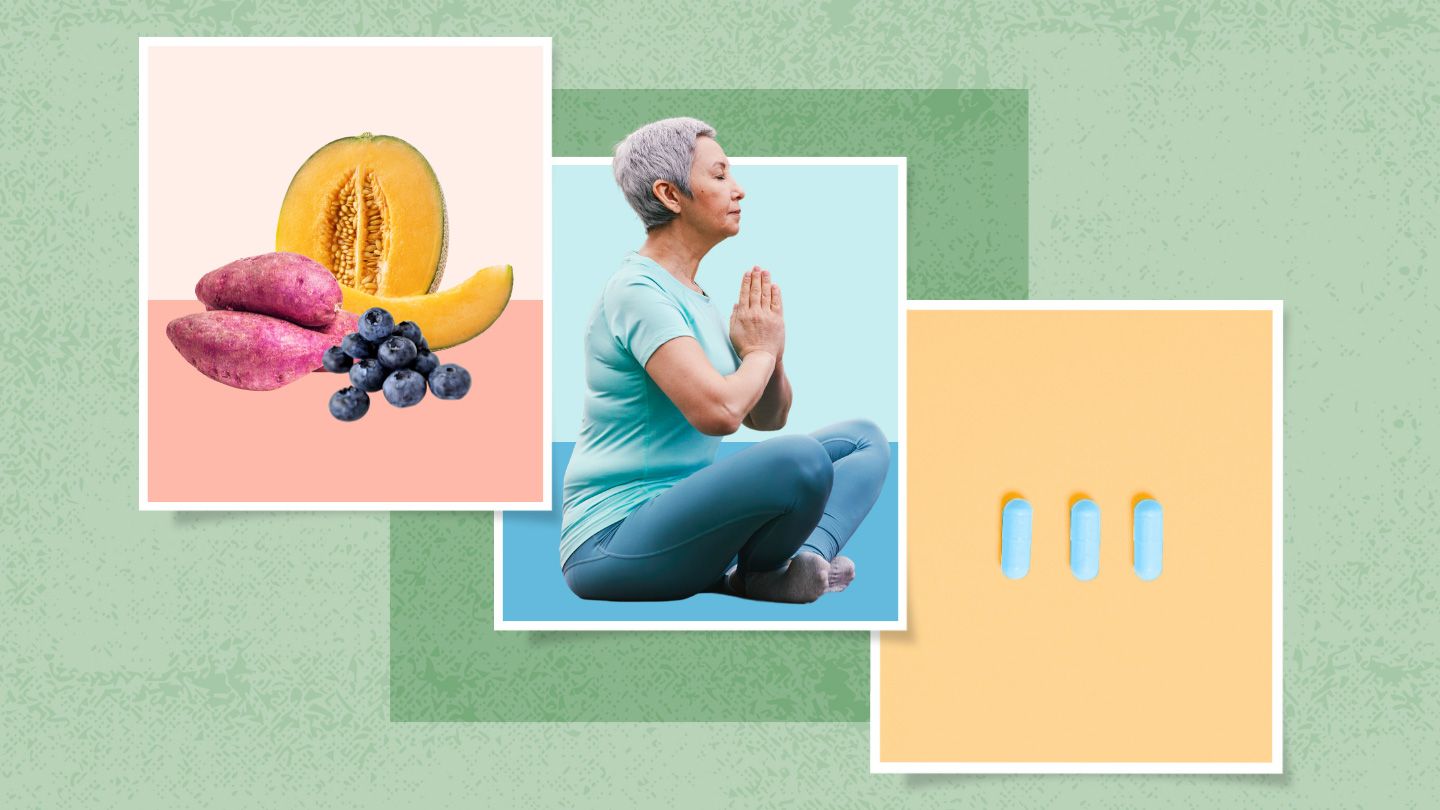Once you’ve described your pain accurately, your doctor will likely be able to track down its cause and begin treating it. Here are some ways to manage UC pain.
1. Medication
Sticking to your prescribed medication regimen is one of the best ways to manage UC symptoms, including pain. Your doctor can prescribe a number of drugs to treat your symptoms. These work by modifying how your immune system functions and, as a result, decrease the inflammation in your gut. If you skip doses or don’t take the medication as prescribed, you will reduce its effectiveness and risk having a flare.
If you’re experiencing mild pain, your doctor may recommend acetaminophen (Tylenol). But you may need to limit or avoid taking nonsteroidal anti-inflammatory drugs (NSAIDs) such as ibuprofen (Advil) or naproxen (Aleve). Although the exact association between NSAIDs and UC flares is unclear, some research indicates they may increase pain and symptoms and even trigger flares. Only take these medications if your doctor advises them.
2. Diet and Nutrition
Also note that excessive amounts of red and processed meats and sugar-sweetened beverages should be avoided, as these have been linked to an increased risk of UC flares.
3. Stress Management
While these stress-busting therapies are not a replacement for any UC medication you might be taking, they can be a great complement to the medication regimen and improve overall outcomes.
4. Complementary Therapies
Adding complementary and integrative therapies (options that aren’t part of conventional medicine) to your existing treatment plan may help ease UC pain and other symptoms.
“Therapies like yoga, massage therapy, acupuncture, and hypnotherapy have been shown to help,” Kane says. Discuss any complementary and integrative therapies with your doctor before starting any, so you’ll be aware of the pros and cons.
5. Surgery
Read the full article here




